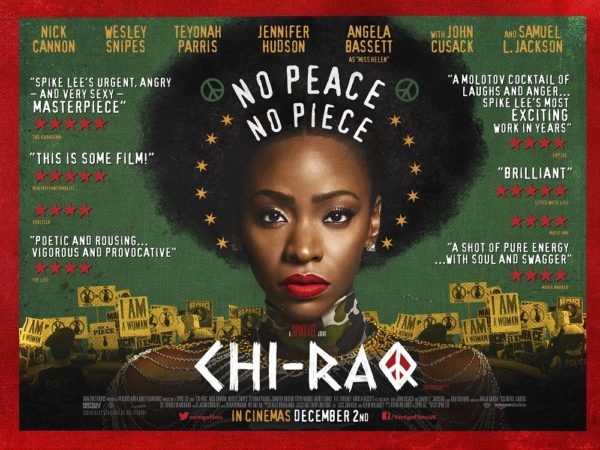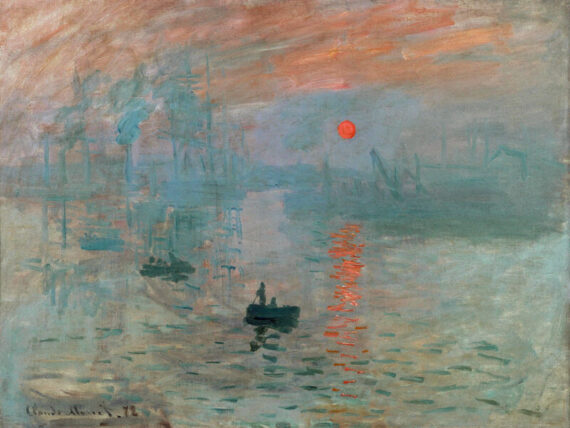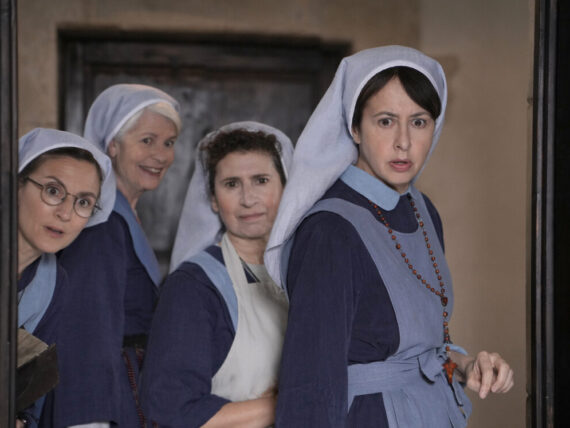Nathaniel Bannister has written a review of Chi-Raq, which is showing in our cinema from 20-26 January. Tickets available here.
“I am an American, Chicago born – Chicago, that somber city”.
So begins ‘The Adventures of Augie March’, written in 1953 by that most Chicagoan of authors, Saul Bellow. Sixty years later, Chicago still signifies the unique contrasts of American society: mother to some of its most famous sons (Barack Obama, Kanye West), yet infamous for a culture of murder that stretches back to the St. Valentine’s Day Massacre. So rampant is the murder in Chicago that the death toll outstrips the number of American soldiers lost in the Afghanistan and Iraq wars – hence, Chi-raq.
In to this space steps that most vociferous of American directors, Spike Lee, with his latest film. He takes as his inspiration an ancient Greek play, Lysistrata, in which women withhold sex from their men in order to bring an end to the Peloponnesian War. But this is no staid translation. The setting is the deprived Englewood district of Chicago, the warring sides are young gangbangers, and the iambic pentameter is suffused with the modern patois and musicality of black America – the women’s central refrain is “No peace, no pussy”.
Our hero is Lysistrata (Teyonah Parris): bombshell-beautiful, intelligent and determined. After a young girl is caught in the crossfire of gang warfare, she denies her gang-leader boyfriend (Nick Cannon) all conjugal rights and encourages a sisterhood of gang wives and girlfriends to do the same. The story follows the struggle to retain control of the sexual battlefield.
From this platform Lee embarks upon a series of musical set pieces. We get a gospel choir at the young girl’s funeral, and some sensual, erotic choreography to the slow jams the menfolk play to try and break the sex strike. Interweaved are appearances from a sharply-tailored Samuel L Jackson as our narrator-cum-commentator, John Cusack as a righteous white priest, Jennifer Hudson as grieving mother, and Wesley Snipes as the opposition gang leader.
This is not a gritty, narrative-driven piece. However, it’s very, very good in places: witty, angry, sexy, entertaining, vital. The gun culture is never fetishised, only satirised. And the production values and the performances (particularly Teyonah Parris) are uniformly excellent.
Lee takes as his subject some important topics: black-on-black violence, the abandonment of the poor to the forces of capitalism, the female body as a battleground. But where in one scene he pushes his treatment of these subjects to a high-pitched preach, in the next he undercuts this with a hyper-stylised musical sequence. Some might find the contrast dynamic, others frustrating.
Nevertheless, it is easily Lee’s best film in more than a decade. Confident, energetic and very much of its time – a strong voice in the ongoing debate about the place of minority groups in America.
Nathaniel Bannister is a freelance writer working and living in Plymouth.









Comments
Comments are closed.